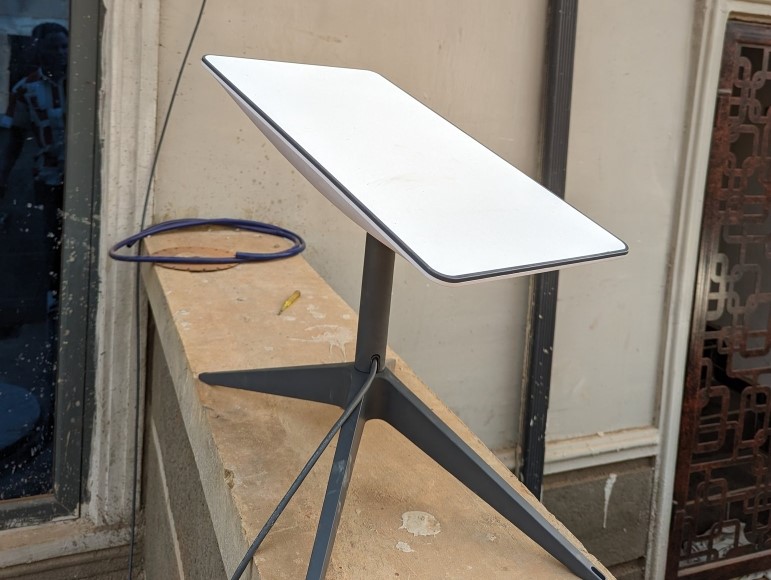The news:
- Following the directive of the Postal and Telecommunications Regulatory Authority of Zimbabwe (POTRAZ), the nation’s telecom regulator, Starlink has warned illegal users in the country in an email that it’ll disable its roaming service.
- The Starlink notice described the Southern African country as an “unauthorised territory” for SpaceX’s satellite Internet service.
- Zimbabwe, like South Africa and Botswana, has yet to approve the broadband satellite Internet service as an official provider within the country. It has proscribed its use as prosecutable, but that hasn’t stopped Zimbabweans who continue to use its regional or global roaming service on the kits they bought and shipped from countries like Mozambique, Rwanda, Zambia, and Kenya, where it’s legal.
Referring to its Terms of Service, Starlink explained that it doesn’t guarantee “when or where its Mobile or Mobile Priority Services plans will be available,” as such services rely on several factors, including regulatory approval by host countries.
Assuring individuals and businesses in the country, Starlink noted that it’ll continue to work closely with POTRAZ to obtain the required regulatory licence to provide its kits and services in Zimbabwe as soon as possible.
It is critical for Starlink, which plans to launch in Zimbabwe in the third quarter of 2024 based on its coverage map, not to jeopardise its relationship with POTRAZ, and thus the ongoing regulatory approval process.
The company promised to restore service and notify Zimbabweans once it obtains regulatory approvals from POTRAZ. For now, it offers users the option to temporarily stop its service and billing.
To aid the regulatory approval process for Starlink in Zimbabwe, the satellite Internet provider enjoined users to appeal to POTRAZ through their email or phone number
The notice comes after the telecom regulator warned about three months ago that it would collaborate with the police to conduct a nationwide raid to arrest individuals and businesses that continued to use, distribute, and advertise Starlink Internet services’ equipment in the country.
At the time of the warning, the regulator claimed it had already arrested some defaulters.
Consequently, individuals in Zimbabwe resorted to new tactics of disguising Starlink kits as everyday items like outdoor lighting or solar panels to evade detection and to continue using Starlink despite the ongoing ban in the country.
Zimbabwe is not the first African country where Starlink announced turning off roaming services per the government’s request. In March 2024, the company issued a similar notice to users in the Democratic Republic of Congo (DRC).











